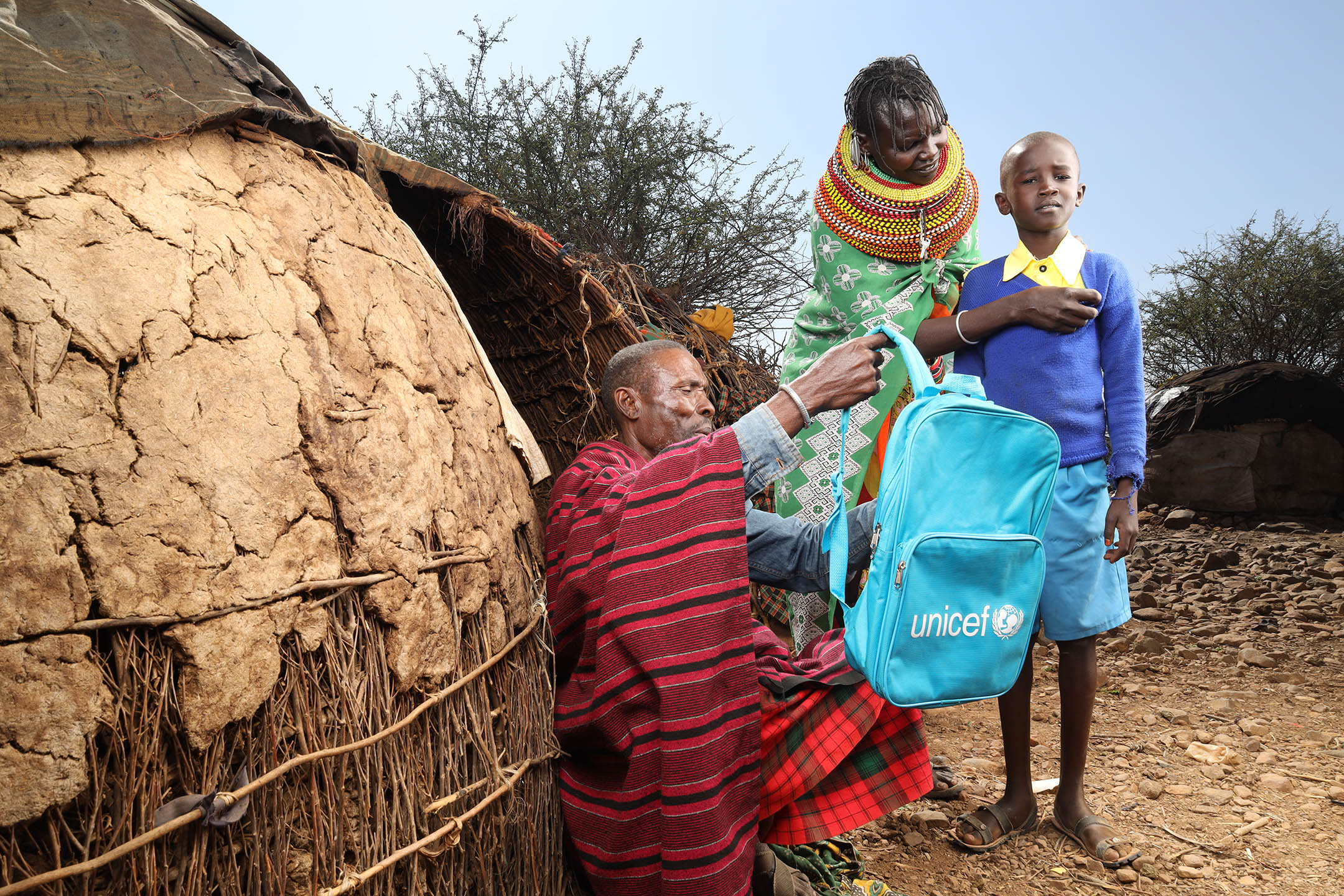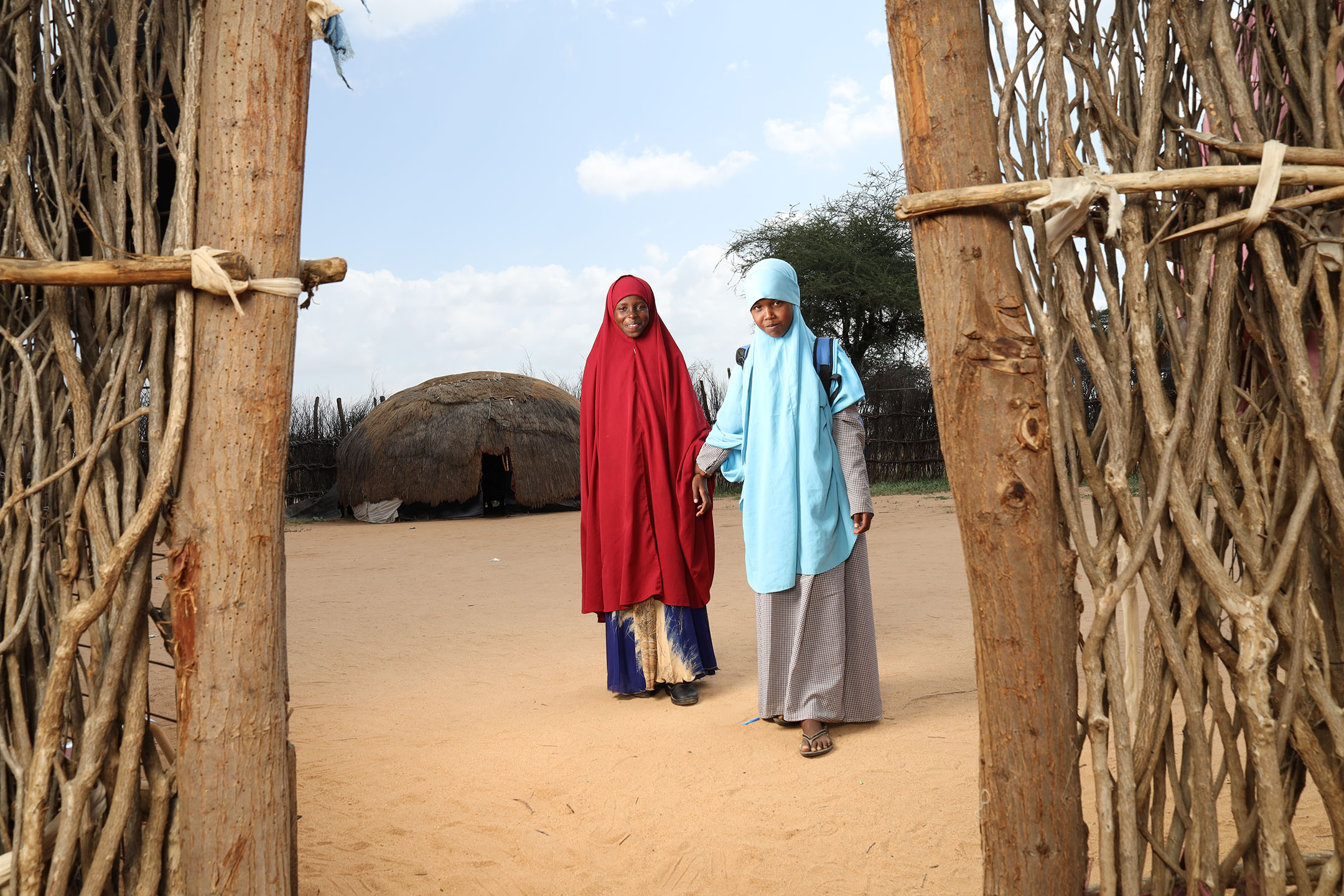As the world continues to stabilize its war on curbing the spread of COVID-19, the Government of Kenya through the support of UNICEF, launched an ambitious vaccination drive targeting young people in 23 priority counties. The campaign dubbed ‘Twende pamoja’ aimed at getting the youth visiting vaccination centers as a group.
The campaign which has been going on through community radio stations domiciled under the DigiRedio platform by Centre for behavior change and communication, registered successes in several areas, however not without challenges.
The efforts to encourage young people in Marsabit County to get vaccinated, faced significant challenges due to deep-rooted cultural beliefs, misinformation, and a lack of awareness about the importance of vaccination. Marsabit County, known for its cultural heritage and diverse population, is facing significant challenges in its efforts to vaccinate young people against COVID-19. Despite the availability of vaccines, certain cultural beliefs and practices have emerged as barriers, hindering the vaccination campaign’s progress.
In a bid to curb the spread of the virus and protect its residents, the Marsabit County Health Department launched an ambitious vaccination drive targeting young people aged 18 to 35. However, the initiative has encountered resistance due to deep-rooted cultural beliefs, misinformation, and a lack of awareness about the importance of vaccination. Additionally, cultural norms and taboos related to bodily intrusion and injections have also contributed to the low vaccination rates among young people.
“The act of being vaccinated is seen as an infringement on personal boundaries and a violation of cultural values. This perception has led to apprehension and resistance, further complicating the vaccination efforts.”
She adds that Misinformation has also spread through social media platforms, perpetuating misconceptions about the vaccines. False claims about vaccine side effects, fertility issues, or religious implications have created doubt and fear among young people, leading them to reject vaccination as a protective measure.
In response to these challenges, the DigiRedio platform initiated culturally sensitive campaigns by producing radio spots in the local Borana language to disseminate accurate information about COVID-19 and the vaccines. This approach aims to bridge the gap between modern healthcare systems and traditional practices, emphasizing the importance of vaccination within the cultural context.
As the vaccination campaign continues, it is hoped that the combined efforts of health authorities and community leaders will gradually overcome cultural barriers, enabling a higher percentage of young people in Marsabit County to make an informed choice and embrace COVID-19 vaccination as a crucial step towards protecting themselves and their communities.



